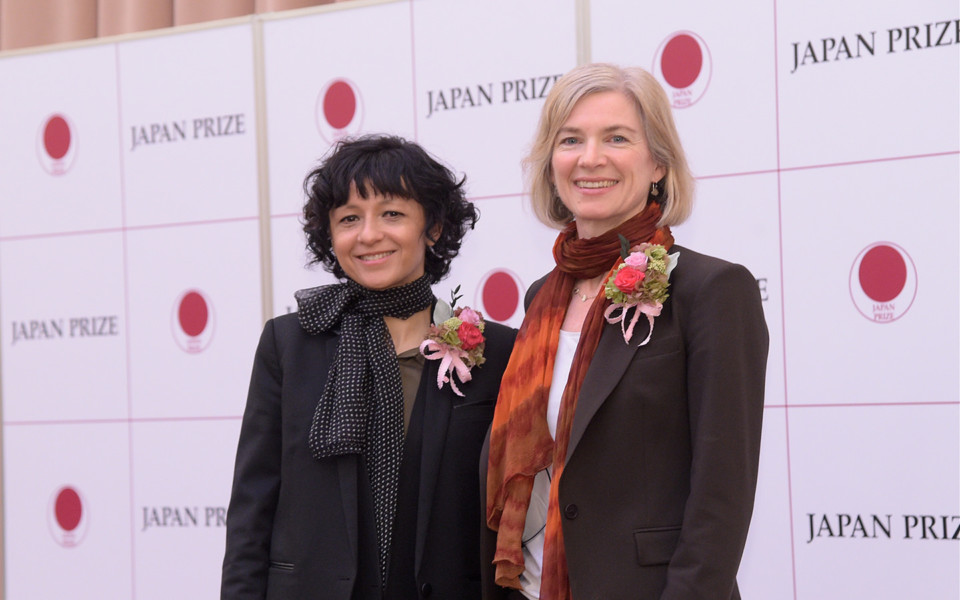UC’s patent for its pioneering CRISPR discovery sets up a big battle over its rights
There certainly was reason for celebration at UC Berkeley on Feb. 8, when the U.S. patent office announced it would award UC a key patent for CRISPR, a groundbreaking technology for gene editing.
The announcement capped a nearly six-year journey through the patent thickets for the university and Jennifer Doudna, the Berkeley scientist generally credited as the main inventor of CRISPR. UC had filed its patent application on March 15, 2013.
Since then, the university had received two other CRISPR-related patents, but this one was all-encompassing, covering tools for editing DNA molecules “in any setting, both in vitro and within live cells … [and] across every cell type,” as UC stated in its press release.
But this is the patent world, and it involves an invention with potentially vast applications in agriculture, chemistry and medicine worth billions of dollars. As a result, UC’s fight to protect the rights it just won from the government is probably just beginning — with the outcome far from certain.


